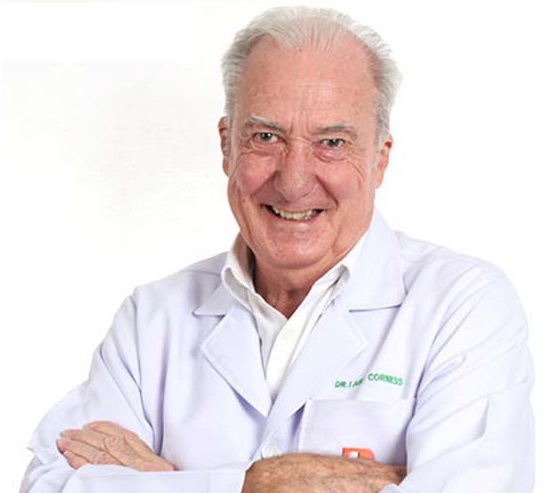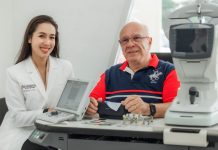 In the UK in the 60s, as part of the diagnostic process, the registrars used to leave a list of the tests they wanted and it was the junior doctors who had to take the bloods for testing, leaving the kudos for finding abnormalities to those doctors higher up the ladder.
In the UK in the 60s, as part of the diagnostic process, the registrars used to leave a list of the tests they wanted and it was the junior doctors who had to take the bloods for testing, leaving the kudos for finding abnormalities to those doctors higher up the ladder.
I always thought this was a bit unfair, in the fact that I had no say in the blood tests to be ordered, and I was quite sure the registrar would secretly order difficult tests to make us junior doctors kow-tow to our medical superiors. It was only because we were working over 100 hours per week and were so tired that a revolt never occurred.
One morning I came down to the wards where Sisters Underhill and Robinson ruled the roost. Make no mistake, the nurses were in charge, we might have shiny new name badges but our knowledge was inferior and our experience non-existent by comparison.
It was in that background where I was in my first six months of clinical rotation. This was ‘Medical’ with Surgery coming for the second six months. This was not a bad system as newly graduated doctors need a lot of supervision in the early stages of their careers. In my own case, I was quite sure I could diagnose the 7th Beta cell Adenoma of the pancreas ever found in the world, but I was not sure about tonsillitis!
But back to Sisters Underhill and Robinson who happily gave me my list of ‘bloods’ for the morning. I was pleased to see it was only one patient, a Mr. Jackson, but I would need 5 mls of blood.
With feigned confidence I strode to the designated bed number 12 and told Mr Jackson I was going to take some blood for testing. He did not reply, but then many patients just lie there.
I found a reasonable vein on the back of his hand and slipped the needle inside. Some blood came out, but nowhere near the 5 mls required. I then used all the tricks known to extract blood from a recalcitrant vein. Gentle massage, tourniquet on and off, make the limb dependent and muttering under one’s breath.
The reason I was trying so hard was the fact that if you couldn’t get enough blood you had to go and approach the surgeons and ask them to do a “cut down” where the surgeon makes an incision over the vein and the physician (me) can then introduce the needle under direct vision. Senior surgeons do not take kindly to junior physicians upsetting their routine.
It took some time, probably 20 minutes to half an hour, but I managed it. Five mls of Mr. Jackson’s precious blood was safely in my container.
“You took your time,” said Underhill, but before I could explain, Robinson said “We knew you would have some difficulty with Mr. Jackson, as he died at around 7.15 this morning.”
Looking back on it, I must admit to having become a little bit cocky. I had been Junior Houseman for all of two months and would try and show my knowledge in front of two highly experienced nurses. Mr. Jackson was my comeuppance and I found that by becoming a little deferential, life in the medical ward became a lot easier. In fact, if the sisters weren’t too busy they would often take the bloods for me, especially if they knew I had had an ‘all-nighter’. The knowledge of Medicine comes not from the professors in the Hallowed Halls of academia, but from the practical knowledge gained at the bed-side, with an experienced nurse to guide you.




